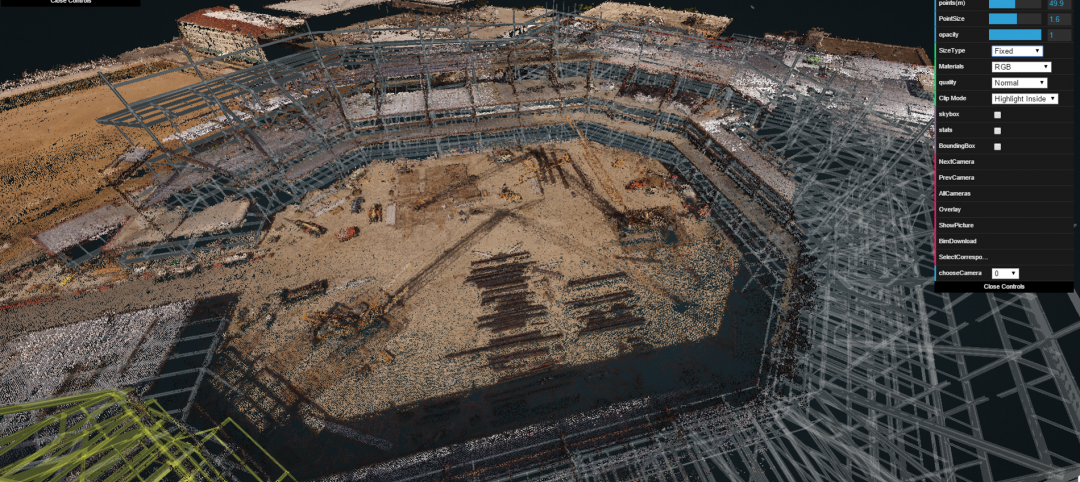There is an unprecedented wave of speculation and investment in Artificial intelligence (AI) sweeping the industry with ideas like machine learning (ML) appearing as a magic wand of business innovation. Beneath the seemingly boundless hype of AI, however, there is something quite simple at play -- the idea of finding ways to perform well-understood, common tasks more efficiently, according to leading data and analytics company GlobalData.
An analysis of GlobalData’s Disruptor Tech Database reveals that enterprise AI practitioners are primarily seeing very pointed benefits within problems that directly impact the bottom line.
For instance, one of the compelling areas where businesses have been using AI is generating leads. Harley-Davidson in New York chose AI to automatically craft the most appropriate digital marketing and advertising campaign on a customer-by-customer basis. The technology captures existing customer data from the company’s customer relationship management (CRM) system and analyzes user’s online and offline past purchasing behavior to scale up marketing campaigns across channels. Within three months of deployment, leads of the dealership grew by nearly 3,000% and more importantly the sale of motorcycles by 40%.
Another, pointed, pragmatic use cases for AI can be found in boosting operating efficiency. General Electric (GE), for instance, unlocked millions in cost savings using AI. Given its long operating record in multiple sectors and numerous enterprise resource planning (ERP) systems, GE has often faced challenges in arriving at a conclusion on its overall expenditure. AI enabled GE to combine all its 270 separate ERP systems into a single platform. The company realized more than $100 million in return on investment in different ways, including optimizing sourcing strategies, renegotiating contract terms, identifying cross-selling opportunities and reducing landing cost of products.
AI has been increasingly touted by enterprises as a key to customer personalization. Spotify stands a classic example in using AI to facilitate its customers with personalized music listening experience. Although players in the music streaming business such as Apple and Pandora offer curated playlists, they often fail to match individual listener’s music taste over time. Spotify’s “Discover Weekly” feature, curated algorithmically, became a sensation in personalizing music playlists more accurately at exceptionally large scale.
AI is of course the game changer of risk management to businesses in many ways. Online money transfers and payments company PayPal moved from using linear models to neural networks with deep learning (DL) for analyzing money transactions in real-time. The advanced platform helps to create scenarios related to positive and negative user behavior and contribute to improving the accurace of fraud detection over time. PayPal claims to have reduced the fraud rate to 0.32% of its total revenue, as compared to many peers at 1.32%.
The aforementioned are just a few in the expanding list of companies realizing tangible benefits with the use of AI.
“The operationalization of AI has allowed nearly every enterprise to grow smart, leveraging AI not globally but very specifically in solving well-understood problems, all without having to invest heavily in data sciences. However, while many are witnessing desirable results, potential AI practitioners should approach AI with caution, carefully weighing internal expertise against business needs,” concludes Brad Shimmin, Service Director, Global Technology and Services at GlobalData.
For more on how AI is being used in the AEC industry, and how the AEC industry can look to other sectors for how to best capitalize on the technology, check out BD+C's article, "Say 'Hello' to erudite machines," in the August issue.
Related Stories
Building Tech | Apr 12, 2016
Should we be worried about a tech slowdown?
Is the U.S. in an innovative funk, or is this just the calm before the storm?
BIM and Information Technology | Apr 8, 2016
Turner streamlines construction progress tracking using predictive visual data analytics
The construction giant teams with a computer science and engineering professor to develop a clever drone- and rover-based construction monitoring tool.
BIM and Information Technology | Apr 5, 2016
Interactive 3D map shows present and future Miami skyline
The Downtown Miami Interactive 3-D Skyline Map lets users see the status of every downtown office, retail, residential, and hotel project.
AEC Tech | Mar 31, 2016
Deep Learning + AI: How machines are becoming master problem solvers
Besides revolutionary changes to the world’s workforce, artificial intelligence could have a profound impact on the built environment and the AEC industry.
Big Data | Mar 28, 2016
Predictive analytics: How design firms can benefit from using data to find patterns, trends, and relationships
Branden Collingsworth, HDR’s new Director of Predictive Analytics, clarifies what his team does and how architecture projects can benefit from predictive analytics.
BIM and Information Technology | Mar 21, 2016
Latest tech devices simplify the leap from BIM to virtual reality
Faster conversion times and higher-quality graphics are enabling VR to make the jump from novelty to necessity in the AEC world.
AEC Tech | Mar 15, 2016
Two to tango: Project Tango isn’t just for entertainment, it also has a wide range of possibilities relating to the professional world
Making things like augmented reality, precise measurements of indoor spaces, and indoor wayfinding possible, Google’s Project Tango has all the makings to become a useful and ubiquitous tool in the AEC market.
BIM and Information Technology | Mar 14, 2016
Visual estimating, generative design, and component construction push the limits of BIM/VDC
DPR Construction, JE Dunn, and The Living advance the AEC industry with three clever tech solutions.
Drones | Mar 9, 2016
A new image-capturing platform mediates drone and cloud technologies
3DRobotics, Autodesk, and Sony launch Site Scan to speed the process of making models from field data.
BIM and Information Technology | Mar 2, 2016
Thanks to MIT researchers, Boston now has its very own citywide building energy model
The most detailed model ever for a city this size will help Boston meet its long-term energy use goals.
















